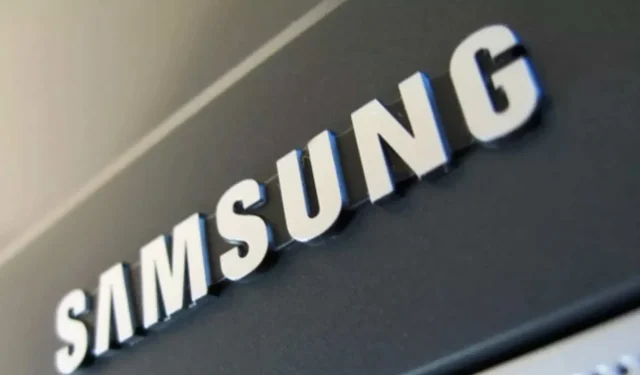Samsung aims to be carbon neutral by 2050. To do this, the giant is detailing a host of initiatives, in particular by joining the RE100 program.
Samsung aims to achieve company-wide carbon neutrality by 2050. Over the next 27 years, the company will spend about 5 billion euros on this. Although this project is not as aggressive as that of Microsoft, which has committed to achieving carbon neutrality by the end of the decade, the South Korean giant intends to implement changes very soon to make its Device eXperience (DX) division carbon neutral by 2030.
Samsung commits to achieving carbon neutrality by 2050
Samsung’s DX division handles all consumer electronics, including manufacturing operations for smartphones and displays, and accounted for only 10% of greenhouse gas emissions in 2021. At the same time, the ICs and Components division, which often generates the most revenue, is responsible for 90% of the 17.4 million tons of greenhouse gas emissions during the year.
To do this, the giant is detailing many initiatives
Clearly, this division still has a lot of work to do to achieve carbon neutrality. One of the directions that the company wants to pursue is the development of technologies that can significantly reduce the amount of by-products of semiconductor production. Samsung also plans to set up recycling plants at its chip manufacturing facilities. In addition, the company will develop carbon capture and recycling technologies that can capture carbon emissions from semiconductor manufacturing plants, store them, and turn them into any usable source.
specifically by joining the RE100 program
The tech giant has joined RE100, a global initiative for companies that want to use renewable energy in their operations. It will start by running the DX division and all operations outside of South Korea on renewable energy only over the next five years, and by 2050 will reach 100% of all its energy needs worldwide. In its announcement, Samsung also detailed other environmental projects, including its commitment to promoting water reuse and expanding its e-waste collection initiative to 180 countries, up from 50 currently.
A spokesman for a shareholder told Reuters that Samsung had so far abandoned such a public promise of carbon neutrality that some long-term investors began to worry. Kim Soo Jin, Director of the ESG Strategy Group – Environment, Social Security and Governance, which is linked to the three main factors used to assess the sustainability of investments. from Samsung, explained, “We are a direct manufacturing company… so there are various problems at all levels. Finally, we are a technology company… Therefore, we will make a positive contribution to climate change through the development of technologies. And because we are a large company and our products are very popular, we will make an impact through the numbers.”


